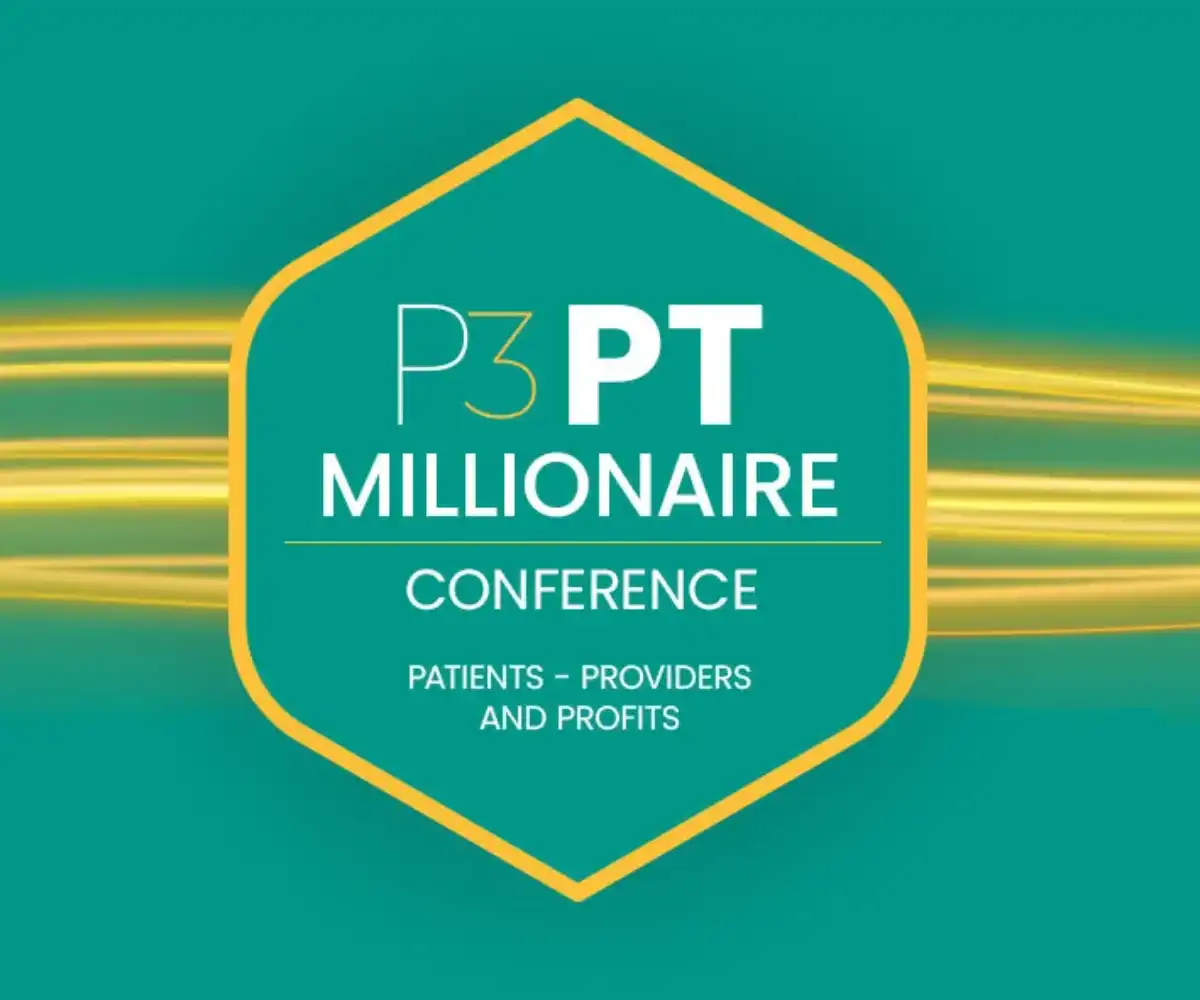Continual education is vital in the field of physical therapy billing. As healthcare regulations, insurance policies, and billing codes frequently change, staying up-to-date through ongoing education ensures accuracy, compliance, and efficiency. This blog will explore the key reasons why continual education is crucial for physical therapy billing professionals and how it can benefit your practice.
Keeping Up with Regulatory Changes
Understanding State and Federal Regulations
Healthcare regulations are constantly evolving at both state and federal levels. These changes can significantly impact billing practices, documentation requirements, and reimbursement rates. Continual education helps billing professionals stay informed about these changes, ensuring that your practice remains compliant and avoids potential legal issues.
Adapting to Insurance Policy Updates
Insurance companies frequently update their policies and reimbursement criteria. Regular training and education enable billing professionals to understand and adapt to these changes quickly. This helps in reducing claim denials and ensuring that your practice receives appropriate reimbursement for the services provided.
Enhancing Coding Accuracy
Staying Updated on ICD and CPT Codes
The International Classification of Diseases (ICD) and Current Procedural Terminology (CPT) codes are regularly updated. Accurate coding is essential for proper billing and reimbursement. Continual education ensures that billing professionals are aware of the latest codes and how to apply them correctly, reducing the risk of errors and claim denials.
Mastering Specialty-Specific Codes
Physical therapy billing involves specialty-specific codes that may not be commonly used in other medical fields. Ongoing training helps billing professionals become proficient in these codes, improving the accuracy and efficiency of the billing process.
Improving Documentation Practices
Ensuring Thorough and Accurate Documentation
Proper documentation is critical for billing and reimbursement. Continual education emphasizes the importance of thorough and accurate documentation, teaching billing professionals the best practices for recording patient information, treatment details, and progress notes. This helps in creating clear and comprehensive records that support billing claims.
Understanding Payer-Specific Documentation Requirements
Different payers may have unique documentation requirements. Regular training helps billing professionals understand these requirements, ensuring that the necessary information is included in the documentation. This reduces the likelihood of claim denials due to insufficient or incorrect documentation.
Enhancing Efficiency and Productivity
Streamlining the Billing Process
Continual education introduces billing professionals to new tools, technologies, and methodologies that can streamline the billing process. This includes learning about advanced billing software, automation tools, and best practices for efficient billing. Improved efficiency and productivity can lead to faster claim processing and reduced administrative burdens.
Reducing Claim Denials and Rejections
Education on common billing errors and how to avoid them can significantly reduce the rate of claim denials and rejections. By staying informed about the latest billing guidelines and payer requirements, billing professionals can submit cleaner claims, leading to quicker reimbursement and fewer follow-ups.
Adapting to Technological Advances
Utilizing Advanced Billing Software
The healthcare industry is increasingly adopting advanced billing software to streamline processes and improve accuracy. Continual education helps billing professionals stay updated on the latest software advancements and learn how to utilize these tools effectively. This can enhance the overall efficiency of the billing department.
Implementing Telehealth Billing
With the rise of telehealth, billing professionals need to understand how to bill for telehealth services accurately. Ongoing education covers the specific codes, regulations, and documentation requirements for telehealth, ensuring that your practice can effectively bill for these services and maximize reimbursement.
Ensuring Compliance and Avoiding Penalties
Understanding Compliance Requirements
Compliance with healthcare regulations is crucial for avoiding legal issues and penalties. Continual education provides billing professionals with a thorough understanding of compliance requirements, including HIPAA regulations, fraud and abuse laws, and payer-specific guidelines. This knowledge helps in maintaining compliance and protecting your practice from potential legal risks.
Conducting Regular Internal Audits
Education on internal auditing techniques enables billing professionals to conduct regular audits of billing practices. These audits help identify areas of non-compliance, billing errors, and opportunities for improvement. Addressing these issues proactively can prevent compliance problems and enhance the overall quality of your billing processes.
Fostering Professional Growth and Development
Encouraging Lifelong Learning
Continual education fosters a culture of lifelong learning and professional growth. Encouraging billing professionals to participate in ongoing training, attend workshops, and pursue certifications helps them stay motivated and engaged in their roles. This can lead to higher job satisfaction and retention rates.
Pursuing Advanced Certifications
Advanced certifications, such as Certified Professional Biller (CPB) or Certified Coding Specialist (CCS), demonstrate a high level of expertise and commitment to the profession. Encouraging billing professionals to pursue these certifications through continual education can enhance their skills and credibility, benefiting both the individual and the practice.
Conclusion
Continual education is essential for physical therapy billing professionals to stay updated on regulatory changes, enhance coding accuracy, improve documentation practices, and adapt to technological advances. By investing in ongoing training and education, your practice can ensure compliance, reduce claim denials, and enhance overall efficiency and productivity. Moreover, fostering a culture of lifelong learning and encouraging professional growth can lead to higher job satisfaction and retention rates among billing professionals. Ultimately, continual education is a key component of maintaining a successful and compliant physical therapy billing practice.


